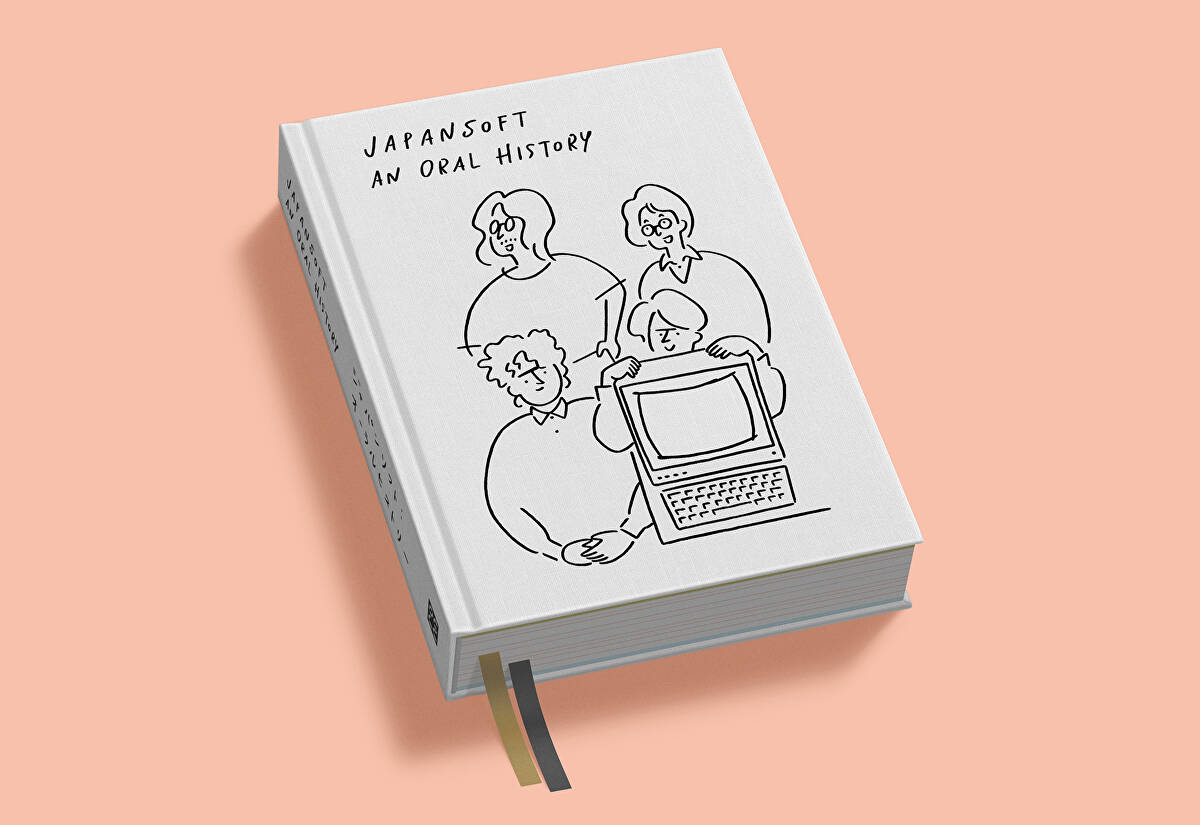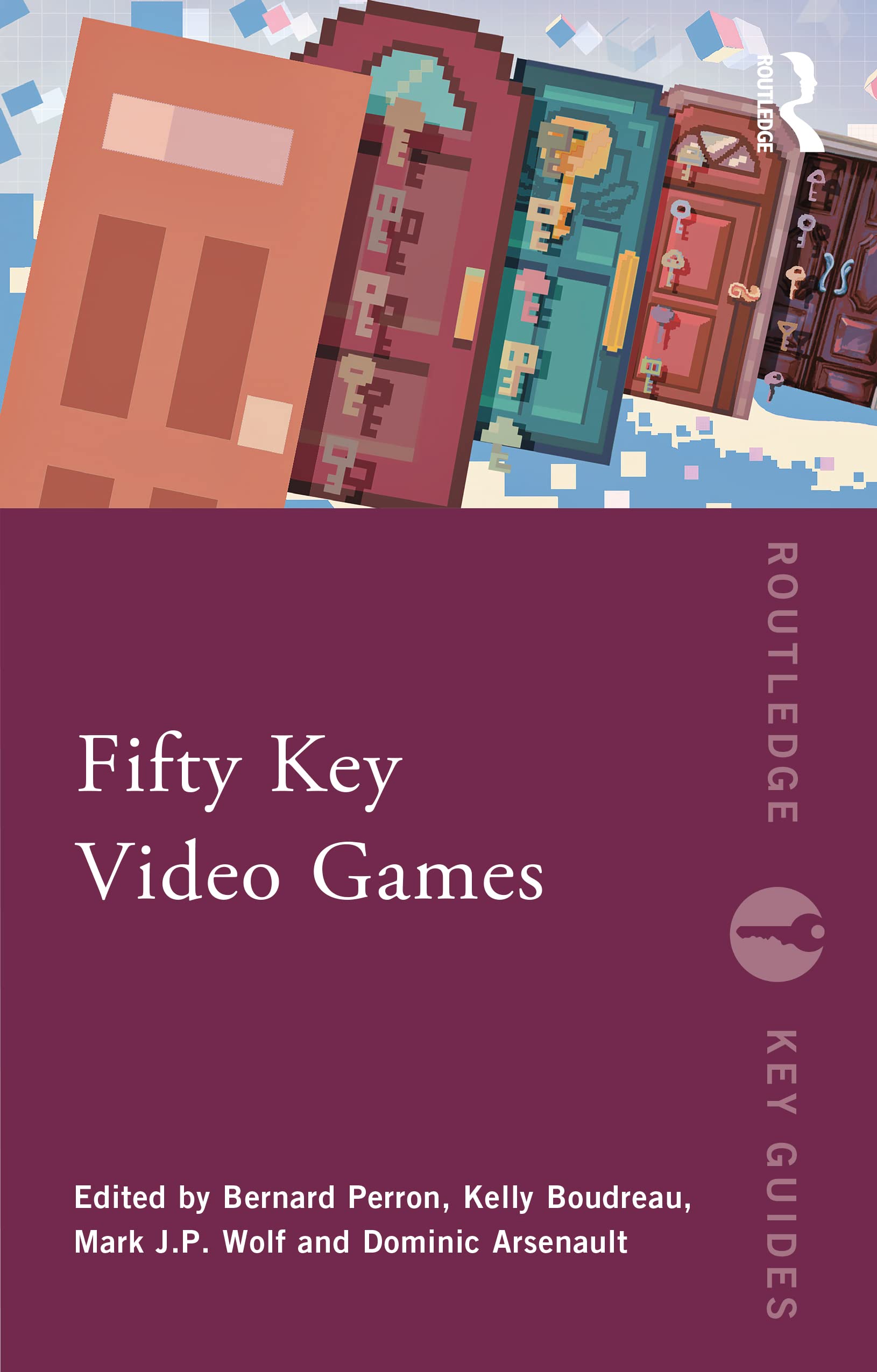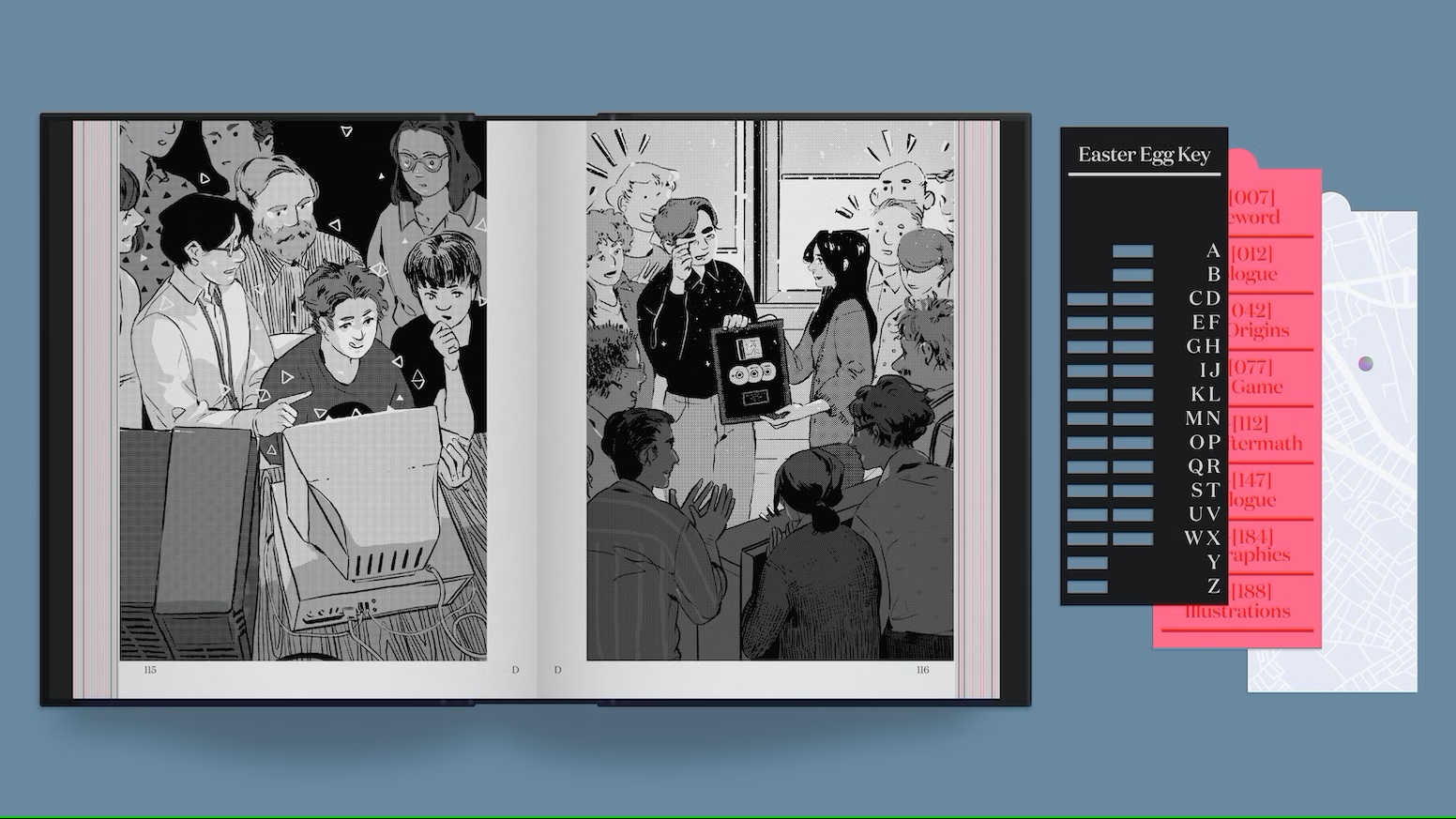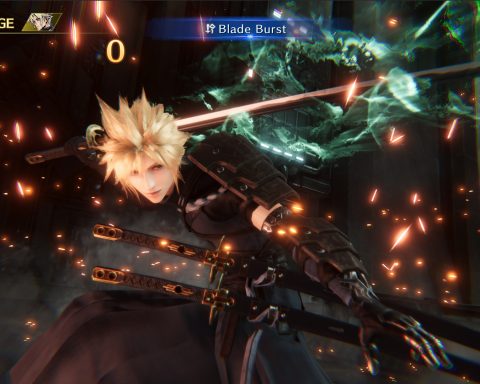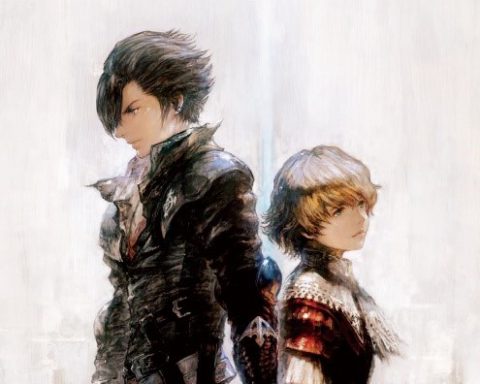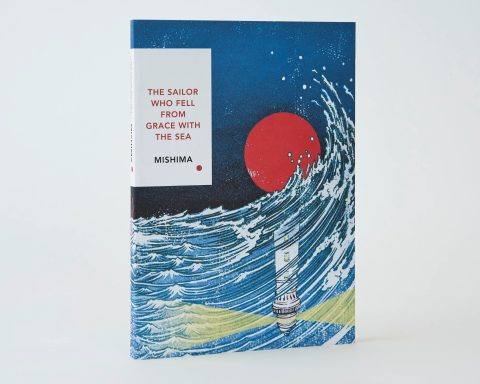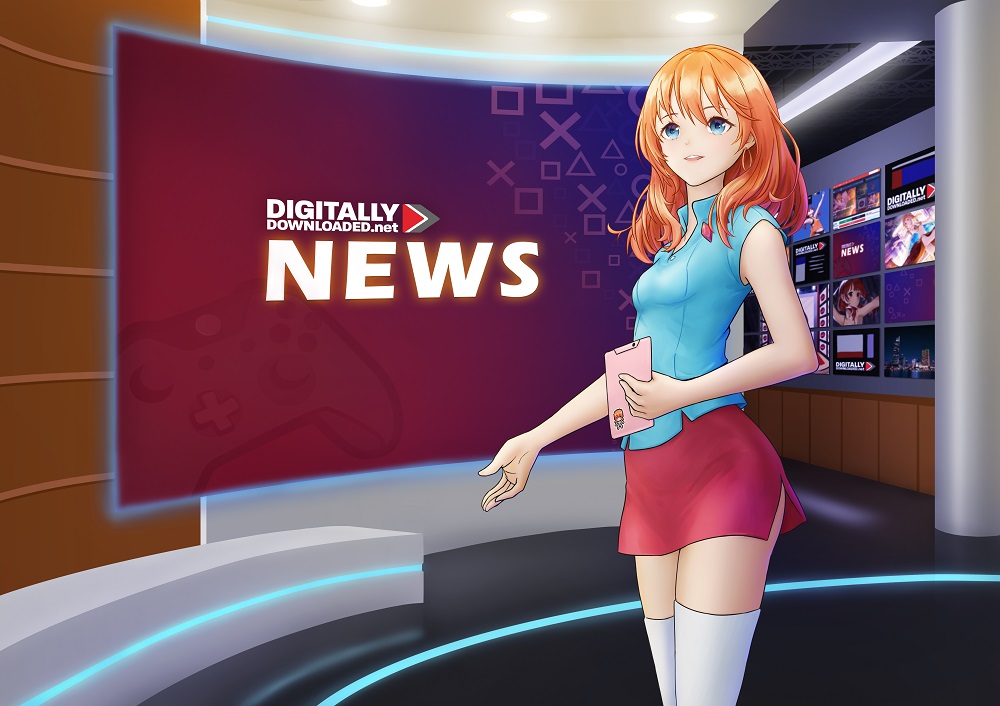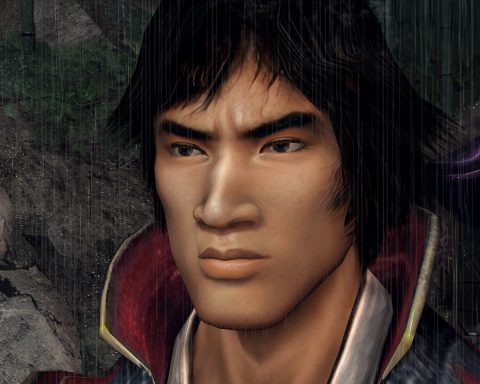One of the things that I love most about this time of year is that I do have time to read through a few books. I try and keep reading through the year, of course. However, when things get busy it’s far too easy to let the daily reading hour be the thing to slip.
But at this time of year, you can flick the cricket on (a leisurely, slow-paced sport that allows you to split your attention as you watch), and settle down with a good book. This year I’ve actually picked up three books about games that I wanted to quickly share with you all, as I think they’re all rather fascinating so far.
Japansoft: An Oral History
As a journalist, one of the things I love doing the most is interviewing people, and it’s a technique that is more difficult to get right than most appreciate. Japansoft: An Oral History is a book of interviews with some of the people in the Japanese games industry right at the start, as developers/publishers as varied as Nihon Falcom, Square & Enix, Hudson, Konami and others were just getting established. As such, it’s a fascinating insight into the “big bang” of an entire industry.
What I really like about Japansoft, though, is that it’s unflinching. Getting critical commentary from Japanese artists is challenging at the best of times. Having done more than a few such interviews myself, they’re very slow to admit when something doesn’t work, or when they don’t like something. Here, though, perhaps the distance of time has loosened tongues because the conversation is often refreshingly honest and frank. Not everything worked out right during those “wild west” days, and this book expresses that reality.
As a disclaimer at the start of the book makes clear, these interviews are based on remembered histories from decades ago. You might want to take the statements with a pinch of salt here and there. Nonetheless, this is a rare and deep insight into an era of gaming that those of us older players, in particular, will appreciate.
Fifty Key Video Games
I love academic writing about games. For video games to mature as an art form, we need a deeper analysis of them to reach the mainstream. This is not just what makes them entertaining and fun, but, also, what makes them valuable as works of art. Rather than simply analyse what we need to do to get people to play games for longer (and spend more and more money on them), we need to find the equivalent of the writings of Sergei Eisenstein and David Mamet. We need theories and essays on games as an art form.
Fifty Key Video Games is a vision of what that might look like. It’s a collection of extended writings by academics in game studies from around the world. The language is therefore a bit dry – you’re reading this one to draw insights from, not to be entertained. What I really like about this one is that some of the titles covered are games that you wouldn’t typically expect in a book like this. There is GTA, Fortnite and Tetris, of course. But there’s also a chapter on FIFA 14, Pokemon Go, and FarmVille, and these are not games that are typically subjected to serious deconstruction, beyond their commercial quality.
The book is not perfect by any means. The editor was unable to find an academic that takes Japanese game development seriously beyond the likes of Super Mario Bros., Pac-Man and Space Invaders (believe it or not but Japanese people make new games too!), but for anyone that wants to lift the way they think about and talk about games, this book is an excellent resource.
500 Years Later
In a similar vein to Japansoft (above), 500 Years Later is an oral history. The difference is that this is about a single game – Final Fantasy VII. The power and influence of that game cannot be overstated. It is a giant of the Japanese industry, and one of the finest works of Japanese art across all media. Not just games, but also literature, film, and the visual arts. Will people be talking about it in 500 years, with the same reverence that we talk about Hokusai’s The Great Wave today? I wouldn’t want to make that prediction (since I’m not convinced that humans will still be around in 500 years), but if there is any one game with a chance of that happening, it is Final Fantasy VII.
As befits a game of such importance, any insights into it are valuable. This book gives you a really nice selection of voices about how the game was thought about and subsequently made. It is perhaps not as frank as Japansoft, but it’s still quite clear that as a creative project there were tensions that ran through the making of FFVII. It was by turning those tensions into creative energy that the project ultimately succeeded.
FFVII is, of course, a project that is ongoing. A remake of the spinoff, Crisis Core, was released just before Christmas and the second chapter in the big-budget remake is due… at some point. Reading this book will help give the project even more context. You’ll come out the other end with an even greater appreciation of just how meaningful this game is.
And there you go! These are the three books I’ve been reading this holiday season and highly recommend. I’m sure I’ll be referencing them throughout the year in my own reviews and essays, and that is ultimately the reason that you should be reading books like these if you are into games. They help deepen your understanding and appreciation of what you’re playing.


